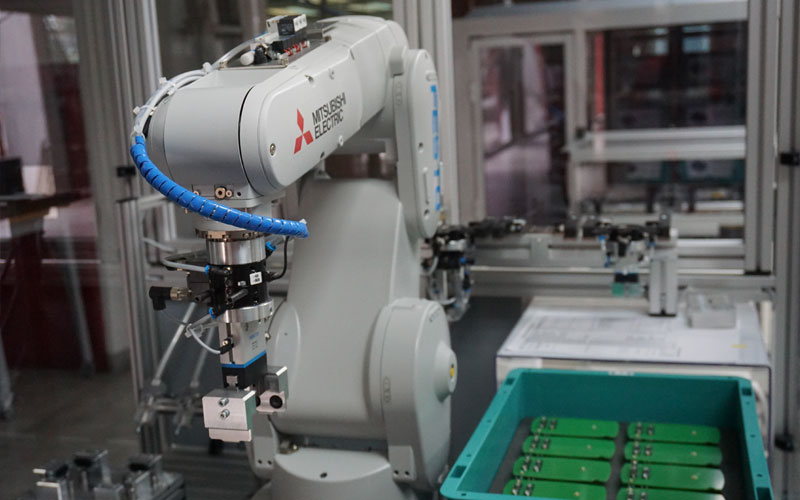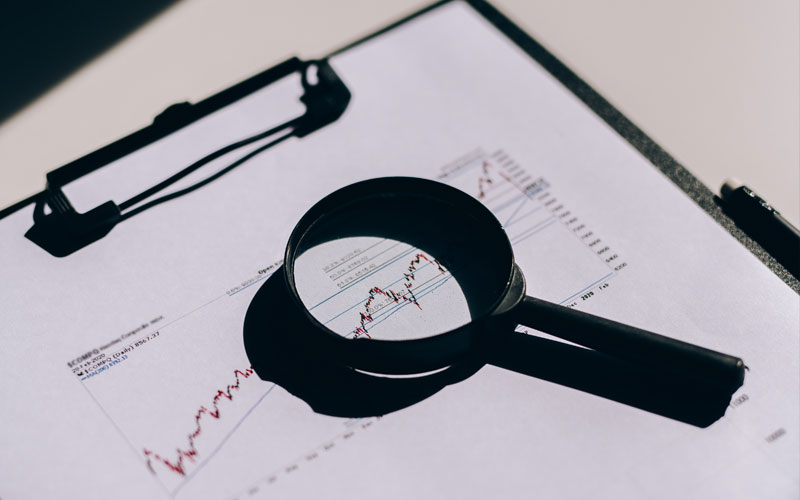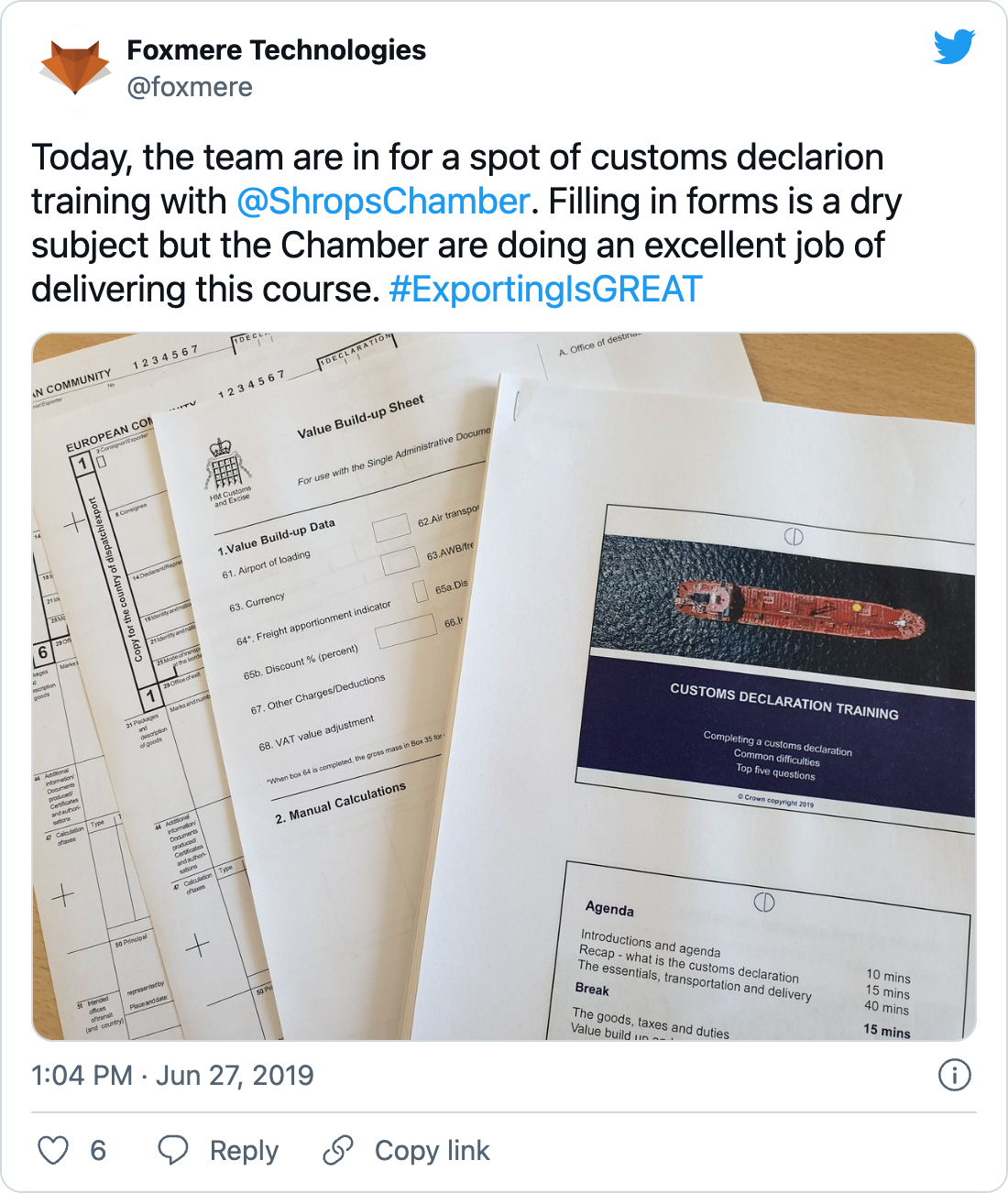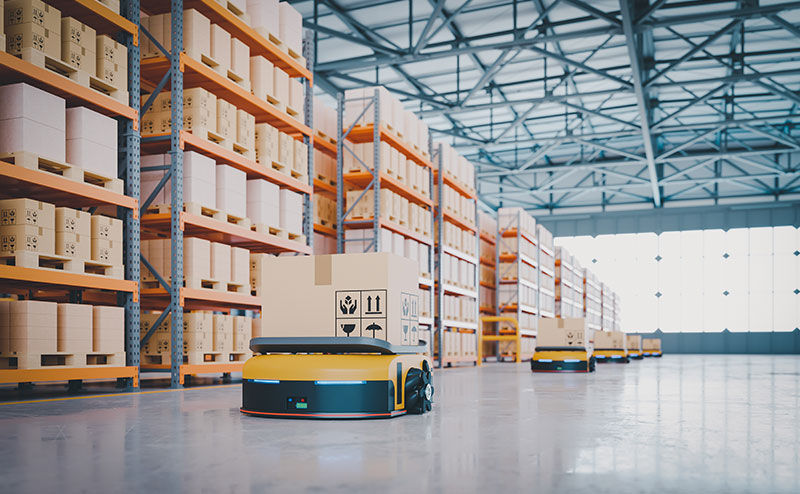Embracing importing and exporting
Entering the global market is an excellent strategy for improving the turnover, profits and stability of your business and, for many, selling overseas is a key tactical step towards becoming established as a market leader.
Proudly based in Aldridge, we're in the centre of the United Kingdom yet most of our products are sold internationally - 60% to be exact. In the last year alone, we have delivered industrial automation parts to over 30 different countries including the USA, Canada, Australia, Brazil, Azerbaijan, Denmark, Greece, Malaysia, Bahrain, Jamaica, the Netherlands, Nigeria and Italy.

Each country has its own unique set of advantages or reasons for trading there. Some countries are rich in natural resources such as timber, fossil fuels and precious metals whereas other countries may have better industrial infrastructures, education systems or capital markets that allow them to engage in complex manufacturing and technical innovation.

With each market's advantages and disadvantages in mind, we continue to enjoy international success as a result of embracing both importing and exporting.
At Foxmere, our core function is helping manufacturers to replace current, near-obsolete and obsolete automation and control parts instead of performing complete system replacements.
For our customers, this approach not only provides serious sustainability benefits but requires less overall investment in both time and money.
For us, this means tactically importing and exporting products from overseas, importing in areas where we are not so strong and exporting in areas where we excel.
For some, buying from overseas is a daunting prospect, particularly in manufacturing where a key area of concern is reputation; the ability to fulfil orders on time or to the desired quality is absolutely critical to maintaining a good reputation.
However, we have found that all around the world, many manufacturers prefer importing replacement parts as they are more affordable than procuring them locally or performing complete system upgrades, even when the overall import expenses are included.

So, instead of investing in modern and expensive machinery, manufacturers choose to import like-for-like components and reduce their costs, thus increasing the total lifetime value of their existing equipment.
In many cases, our international customers will happily return to us for their additional requirements, sometimes purchasing large quantities of stock in a single order to get a better price and minimise the costs of importing even further.
Of course, importing and exporting also come with their disadvantages and risks, such as potential financial loss due to unforeseen and sudden foreign exchange fluctuation, documentation (documentation and more documentation!) and increased potential exposure in legal matters, but do not let this put you off.
The risks of trading overseas are no greater than the risks of trading in your own country; they're just different. In many cases, your local Chamber of Commerce will have courses covering such topics. Recently, our team attended a course on Customs Declarations with the Shropshire Chamber of Commerce.
To conclude
If it's time for your business to level up, you may need to embrace international markets.
Trading overseas has many proven benefits.
Yes, there are risks involved so you will need to set aside time to learn and plan.
Attend a few courses and establish relationships with your local international trade authorities and representatives and, in no time, like us, you will begin to thrive from your international success.



